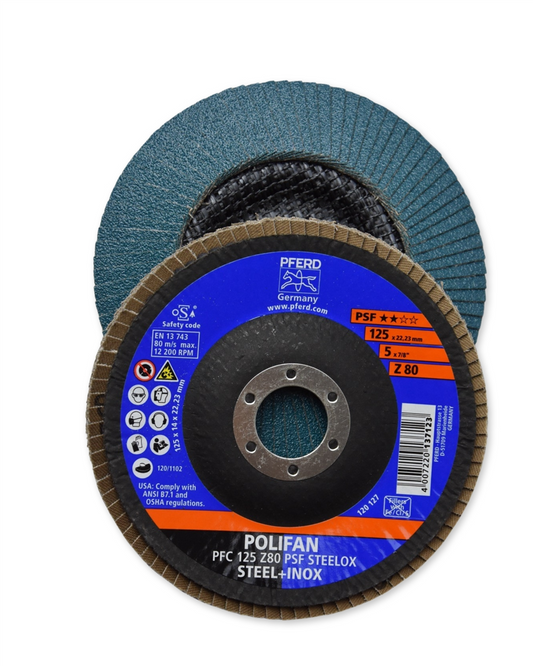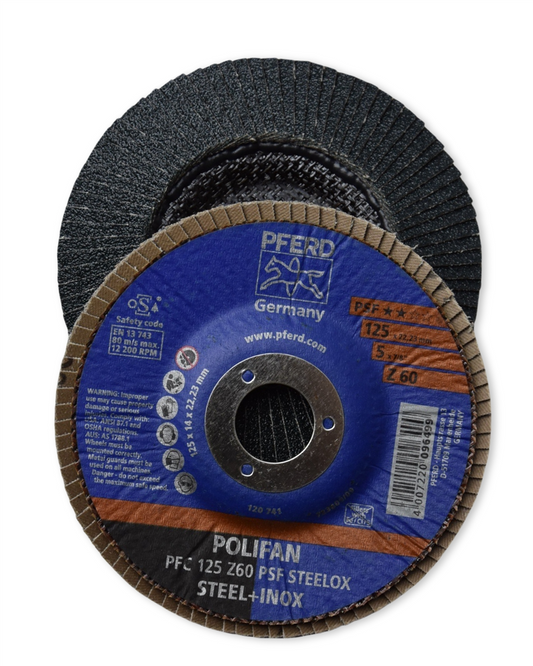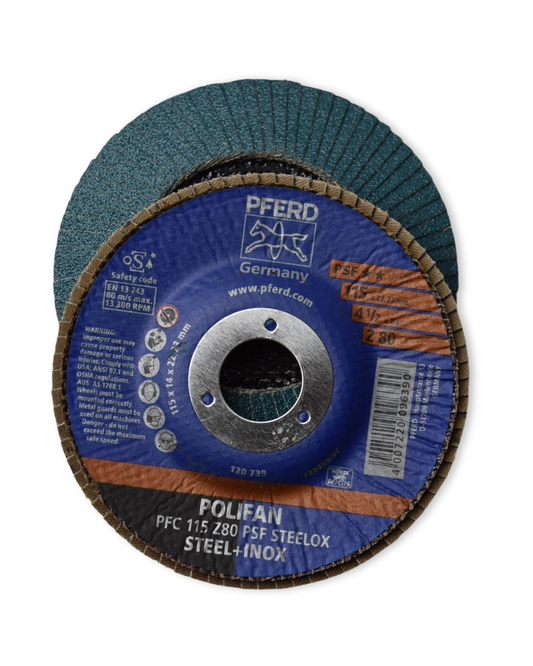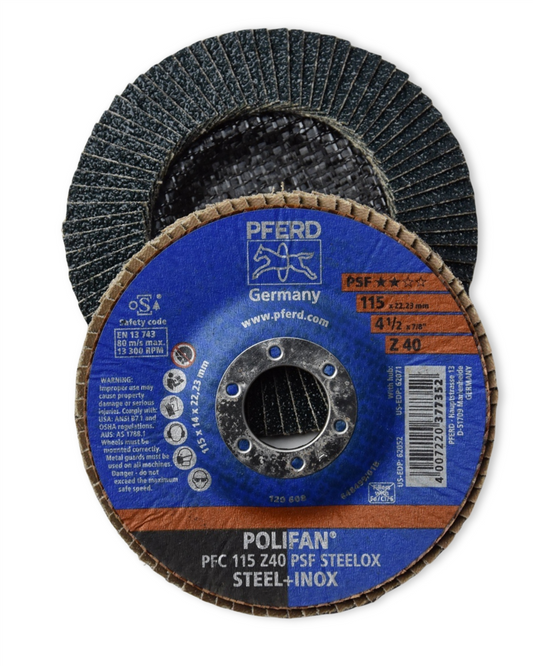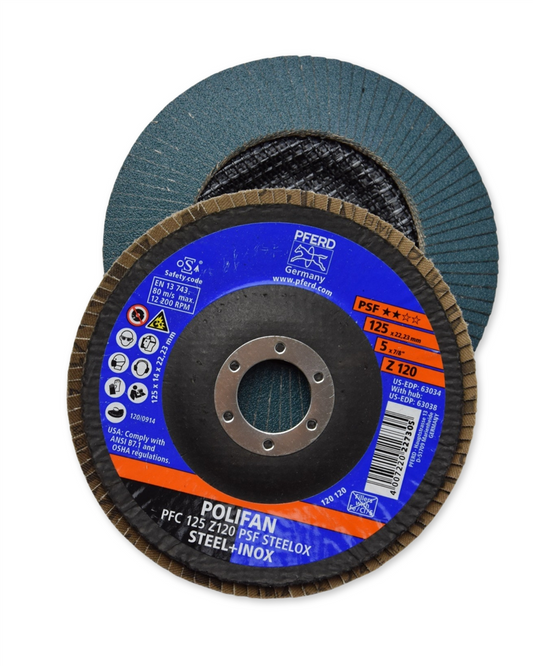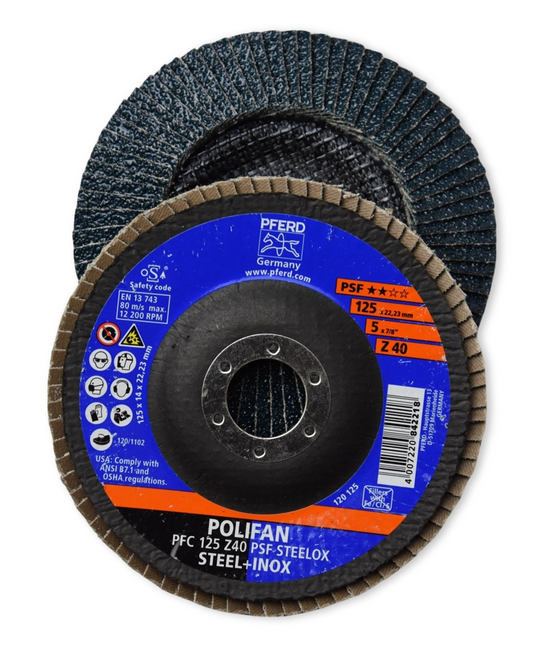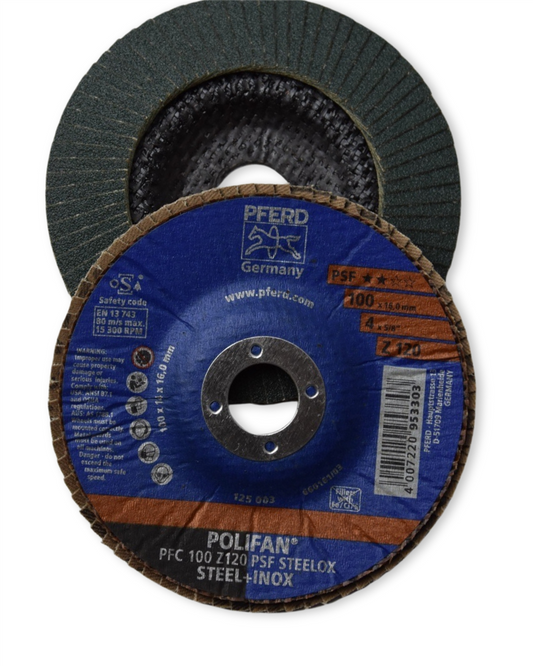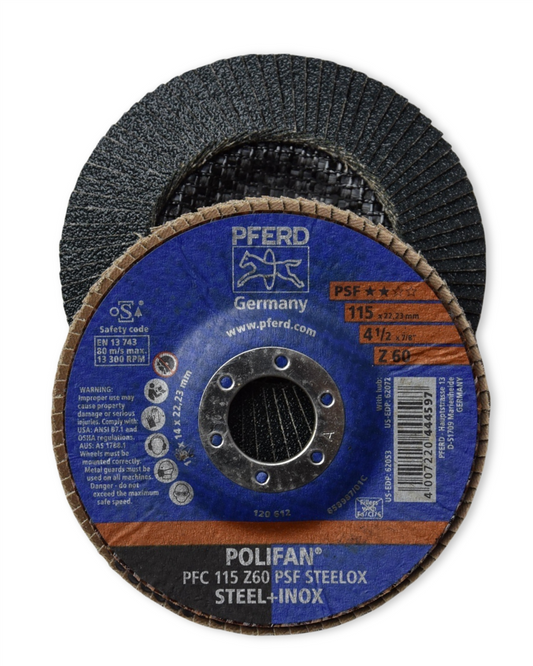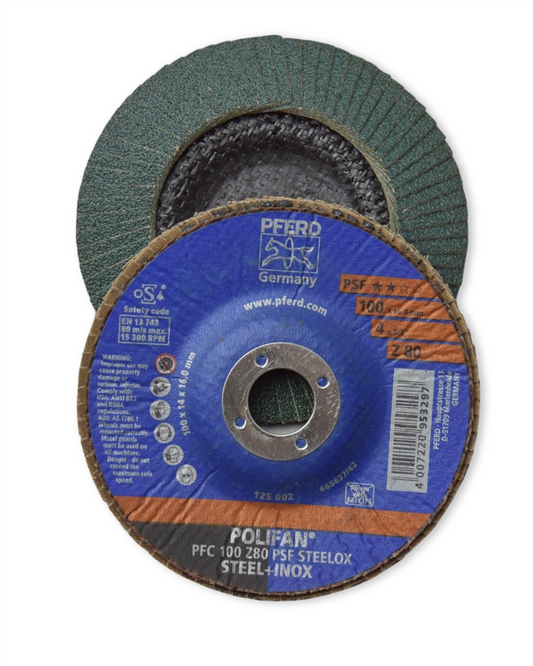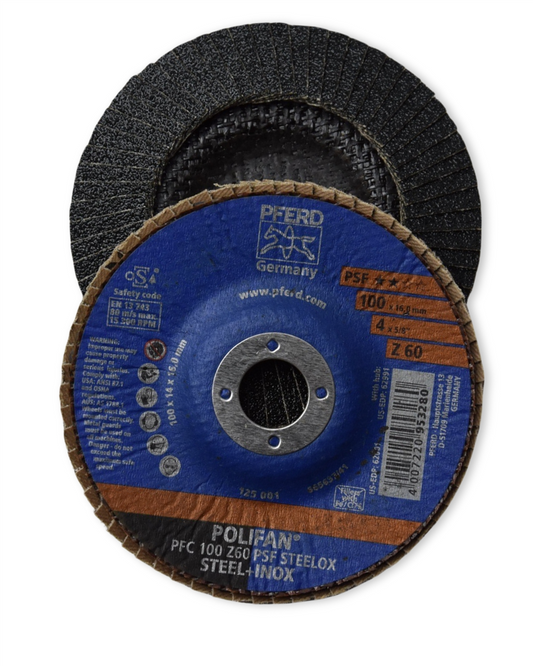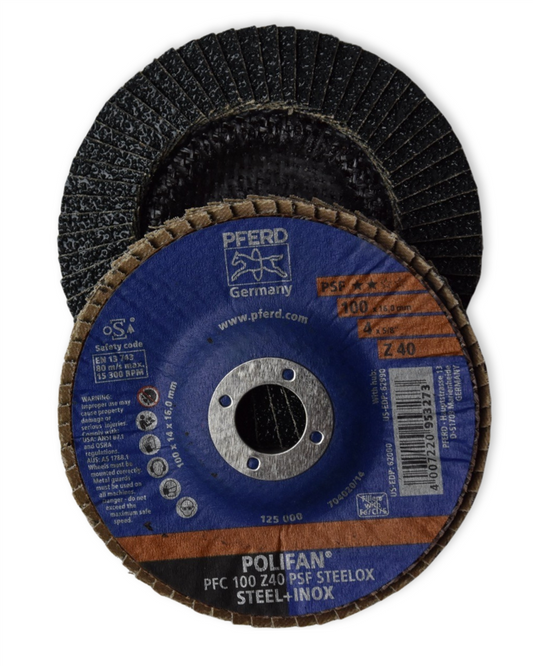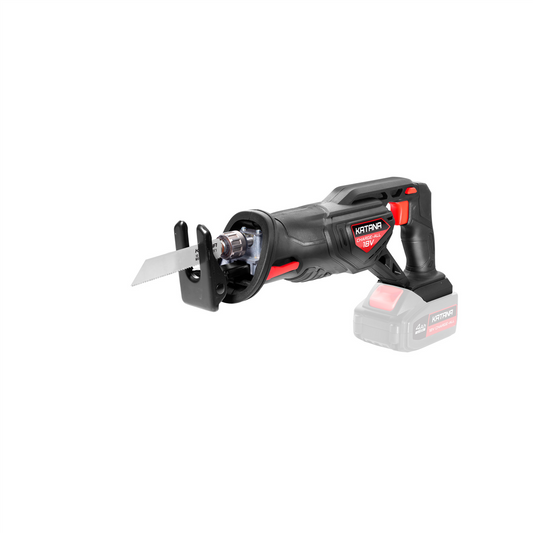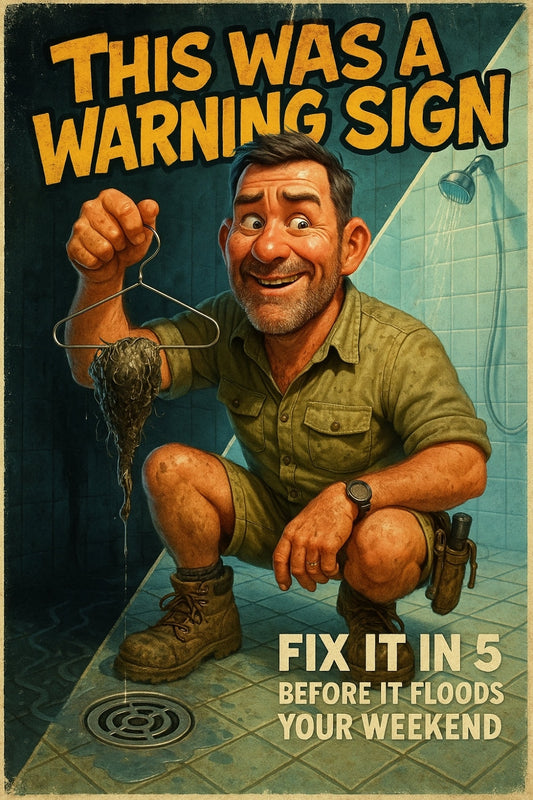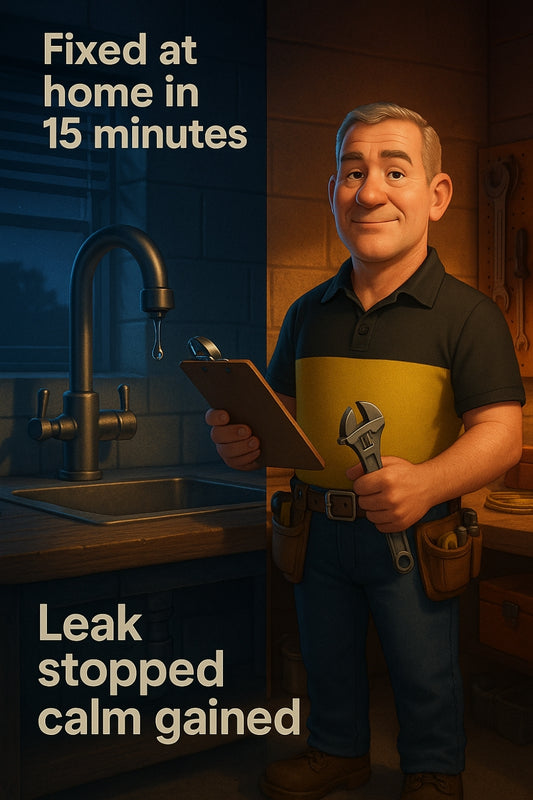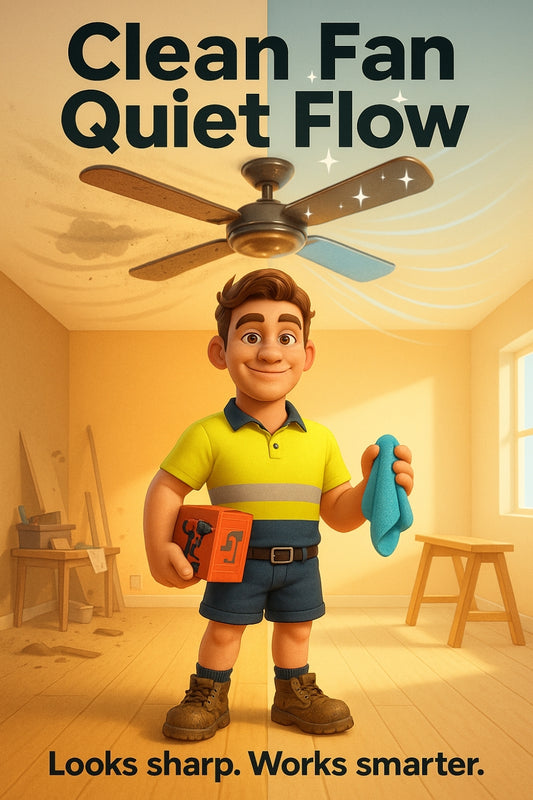The tool you forgot about — until your furniture leans like it’s had a long day
Share
It’s Just an Allen Key — Until It Saves You Hours and a Marriage
Why hex keys might be the smallest heroes of your DIY toolkit
If you’ve ever tried putting together flat-pack furniture with a dodgy little tool the size of a paperclip, you already know this: a quality set of Allen keys is the unsung hero of your household toolkit. When a screw goes loose or a bed starts wobbling like jelly, that L-shaped wonder steps in — quiet, humble, and surprisingly handy.
But here’s the thing — not all Allen keys are created equal, and once you’ve used a decent set, there's no going back. From fixing stools to rebuilding that three-drawer disaster your mate gave you, hex keys do far more than they get credit for. And in a world full of oddly sized bolts, it's worth having the right one — not just the one that “almost fits.”
What Exactly Is an Allen Key?
Also known as a hex key, an Allen key is a simple-looking tool made to fit into socket-head bolts — the kind you’ll find in an alarming amount of modern furniture. These L- or T-shaped tools are designed to give quick access to screws that sit recessed into the furniture frame, often from the side or beneath.
Simple? Yes. But also precise — and shockingly strong for their size.
“The more you tinker around the home, the more you realise: Allen keys are like band-aids. You don’t think about them much — until you really, really need one.” — Candeece, DIY educator at Strathalbyn H Hardware
Why They Belong in Every Shed and Kitchen Drawer
Here’s what makes these little fellas irresistibly useful, especially if you like doing things yourself:
-
Furniture Assembly Without the Swearing
From shelving units to cots that seem designed to test your patience — most kits come with pre-cut hex bolts. A reliable Allen key makes assembly smoother, safer, and miles faster. -
Repairs Mid-Meltdown
Creaking chairs, slumping bookshelves, fraying folding tables — all are usually one hex bolt away from redemption. With the right key, you can fix it before someone leans too far back and gets a surprise. -
Bike Maintenance
Multiple parts of a bicycle use hex bolts — from handlebar clamps to brake levers. If anyone in your household rides, a decent Allen key set is a pedal-pusher’s sidekick. -
They’re Space Savers
Compact enough to fit in a jam tin or drawer divider. And because they’re all metal, they last. Properly cared for, a good set can outlive your dining table — and your enthusiasm for said table.
The Common DIY Scenario: One Set to Fit Them All
Picture a lazy Sunday afternoon. You’re halfway through assembling a new hall stand. One kid’s helping, one’s making a Lego city, and the dog’s chewing the cardboard box it came in. Chaos levels are moderate.
The instructions call for a 5mm Allen key. You reach into the drawer and find… a handful of random sockets, one rusty spoon, and a key that looks close but just spins in the screw.
This is where your organised set of labelled, different-sized hex keys becomes the difference between finishing before dinner and giving up until next weekend. Because whether it's 1.5mm or 10mm, you've got the goods.
L-Shape or T-Handle — What’s Worth Having?
L-shaped Allen keys come standard in most hardware sets and offer torque and reach. Perfect for tight spaces. But if you do a lot of repairs or get wrist-fatigued easily, T-handles are a treat — easier to grip, quicker to turn.
A combo set offers both styles, so you can switch between precision and power, depending on the task. Some even come with ball ends, which let you approach the screw at an angle — a sanity-saver in awkward corners or bike repairs.
Stainless vs. Coated — Does It Matter?
A bit. Coated keys might look flashy, but over time, they can chip, which makes them prone to slippage (and stripped screws). Solid chrome vanadium or stainless steel models resist rust and give better reliability long-term.
And if you buy once, you should only need to buy once. It’s one of those boring-but-beautiful choices that pays off every time you need it.
When Not to Use One
Allen keys are brilliant, but they’re not miracle workers. Don’t use them in place of a screwdriver or try to force the wrong size into a screw head — that’s a fast-track ticket to head stripping. If you're ever unsure, a quick chat with someone who knows their tools (hi, that's us) can save a whole lot of time.
A Family-Friendly Tool with Hidden Benefits
They’re also a great “first tool” if you’re encouraging kids to get involved in weekend projects. Light, no sharp edges, no electricity — and incredibly satisfying when that screw tightens just right. Bonus? It gives little hands something responsible to do.
How to Store Them (So You Actually Find Them Later)
No judgement — we’ve lost keys down the back of a drawer too. Here are some smarter ways to keep them handy:
- Built-in storage in tool cabinets
- Magnetic strip on the garage wall
- Old jars or tins clearly labelled by size
- Slide-in silicone organisers
Just don’t leave them bouncing around in the junk drawer with old batteries. You’re better than that now — you have a system. (Well, almost.)
Small Tools, Big Impact
Whether you're putting together a new cubby, re-tightening the arms on your favourite chair, or just preparing for the next loose bolt that life throws your way — don’t underestimate the humble hex key.
It’s not glamorous, it’s not complicated — and that’s exactly the kind of tool that deserves front-seat status in your DIY line-up.
Cheering you on from the tool aisle,
Candeece

Stay Connected
Follow our Facebook Page: Strathalbyn H Hardware on Facebook

